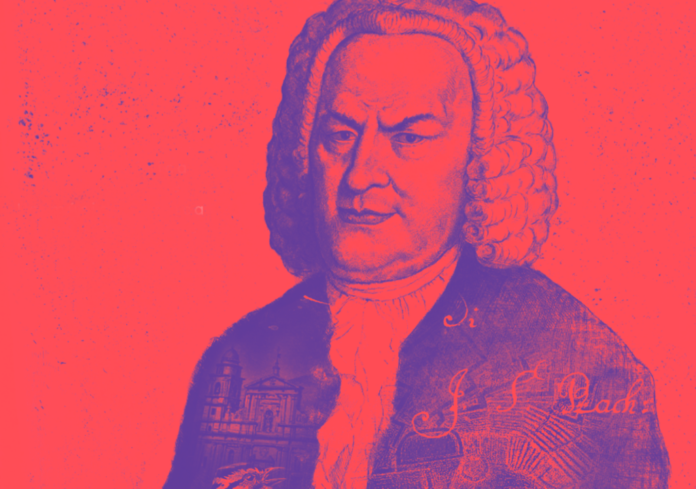Bogotá is about to be transformed into a living concert hall. From 27 to 31 August, the Colombian capital will host the inaugural edition of Bogotá Concertante – Bach 340, a festival celebrating the timeless genius of Johann Sebastian Bach while showcasing the vitality of the country’s independent classical music scene.
For five days, the city will echo with fugues, concertos and choral works, but also with contemporary reinterpretations and fresh dialogues around what classical music can mean today. More than 20 concerts, workshops and academic encounters are planned across multiple venues, from neighborhood libraries to churches and traditional theaters.
What sets Bogotá Concertante apart from other festivals is its deliberate spread across the city. Instead of confining performances to elite venues, the programming spills into public libraries in Suba, El Tintal and El Tunal, the interactive science museum Maloka, the Teatro Tchyminigagua in Bosa, the Teatro La Cassia, and the Santo Domingo Savio Church in Suba. The historic Auditorio Fabio Lozano in downtown Bogotá will serve as the festival’s central stage.
By multiplying spaces and audiences, organizers say the festival is making a statement: classical music belongs everywhere, from the street, to the barrios, and the social fabric of the Colombian capital.
The festival is also remarkable for its accessibility. Most of the activities are free of charge, and the few ticketed concerts will cost no more than COP$35,000 pesos (around US$9). That pricing strategy, organizers insist, is intended to break down barriers and make classical music “a right, not a luxury.”
In a country where symphonic concerts are often perceived as events for the upper middle class, Bogotá Concertante is presenting itself as an inclusive and democratic celebration, offering high-quality performances without prohibitive costs.
The lineup includes some of Colombia’s most accomplished independent ensembles: the Ensamble Barroco de Bogotá, the Cuarteto Manolov, the Ensamble CG, the Ensamble La Sociedad, the Camerata Barroca de Bogotá, the Nueva Filarmonía, and the Orquesta Sinfónica de Bogotá.
The program spans from historical repertoire by the Bach family to innovative interpretations that place Baroque structures in dialogue with contemporary sounds. One highlight will be the festival’s closing concert, when more than 100 musicians from the Orquesta Sinfónica de Bogotá and the Sociedad Coral de Bogotá join forces for a grand finale at the Auditorio Fabio Lozano.
Beyond performance, Bogotá Concertante places heavy emphasis on education and dialogue. Its academic agenda features masterclasses, workshops on collective improvisation, and panels with music critics and journalists from HJUT radio and Señal Clásica.
Workshops will also explore music production, legal frameworks, and cultural management, offering young musicians and cultural workers insights into the wider ecosystem needed to sustain the arts. The university, through its Utadeo+ cultural platform, is one of the key partners of the festival, reinforcing its commitment to Bogotá’s cultural life alongside its classical music radio station and its emblematic Auditorio Fabio Lozano.
The festival is organized by the Fundación Orquesta Sinfónica de Bogotá (FOSBO), the Nueva Filarmonía, and the Auditorio Fabio Lozano, with support from the Secretaría de Cultura’s Fomento en Red – Ecosistemas Culturales program.
That public-private partnership underscores how Bogotá Concertante is also an experiment in building alliances between independent orchestras, academic institutions and city government, ensuring that classical music can reach broader audiences while giving independent ensembles a prominent platform.
More than a series of concerts, Bogotá Concertante is being framed as a declaration of principles about the place of classical music in contemporary life. It is a tribute to Bach’s genius on the 340th anniversary of his birth, but also a celebration of Colombian talent and the conviction that music can bridge divides.
In its first edition, the festival is already ambitious: proposing a vision that is plural, democratic, and necessary. For Bogotá, it is another step in consolidating its role as one of Latin America’s most dynamic cultural capitals.
As the final chords of Bach’s choral works reverberate through the city, the hope is that Bogotá Concertante will not only be remembered as a festival but as a milestone – a moment when classical music stopped being a niche pursuit and became a shared experience across the city.
Consult the full program at www.fosbosinfonica.org

